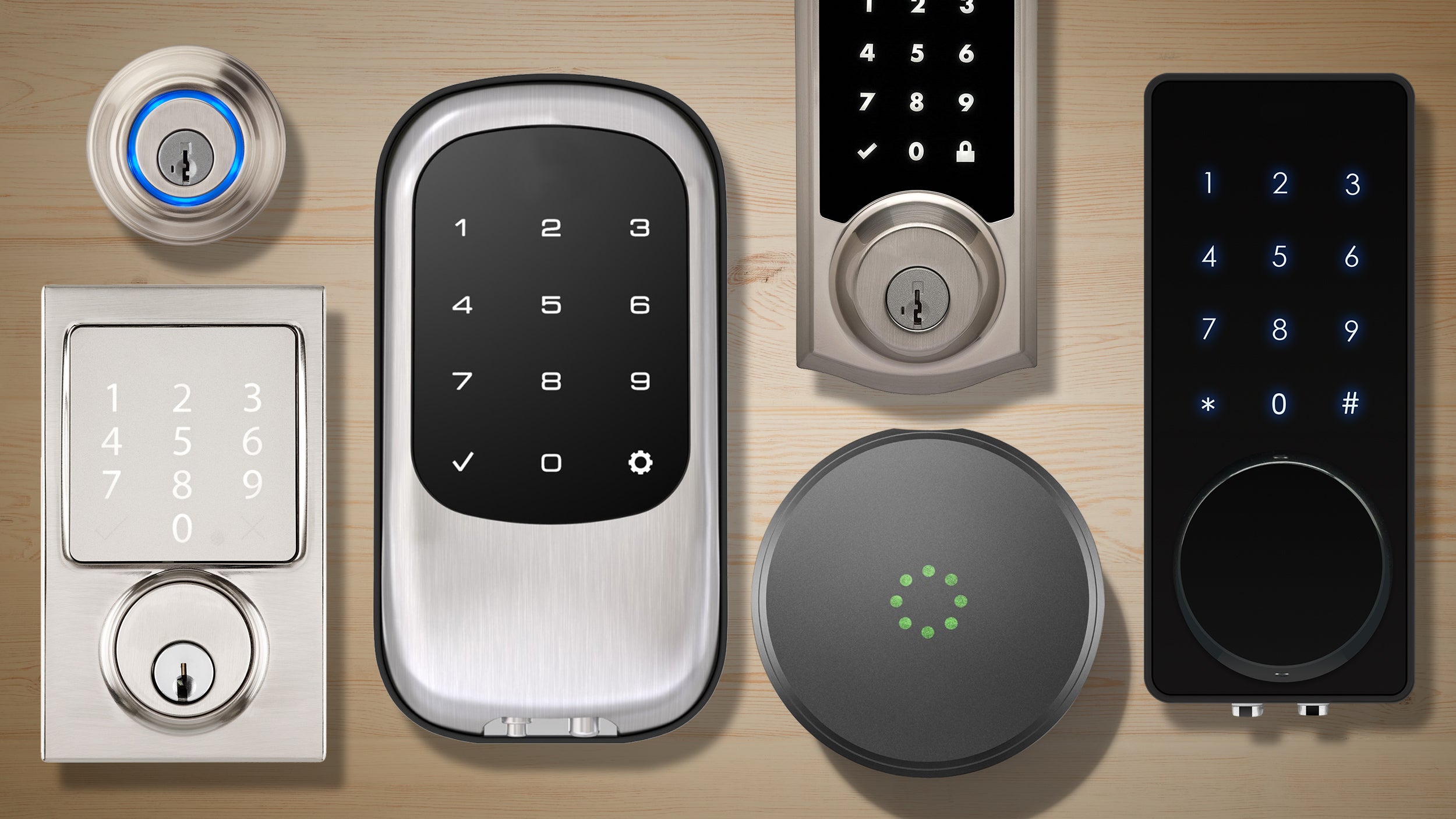No Stupid Questions
No such thing. Ask away!
!nostupidquestions is a community dedicated to being helpful and answering each others' questions on various topics.
The rules for posting and commenting, besides the rules defined here for lemmy.world, are as follows:
Rules (interactive)
Rule 1- All posts must be legitimate questions. All post titles must include a question.
All posts must be legitimate questions, and all post titles must include a question. Questions that are joke or trolling questions, memes, song lyrics as title, etc. are not allowed here. See Rule 6 for all exceptions.
Rule 2- Your question subject cannot be illegal or NSFW material.
Your question subject cannot be illegal or NSFW material. You will be warned first, banned second.
Rule 3- Do not seek mental, medical and professional help here.
Do not seek mental, medical and professional help here. Breaking this rule will not get you or your post removed, but it will put you at risk, and possibly in danger.
Rule 4- No self promotion or upvote-farming of any kind.
That's it.
Rule 5- No baiting or sealioning or promoting an agenda.
Questions which, instead of being of an innocuous nature, are specifically intended (based on reports and in the opinion of our crack moderation team) to bait users into ideological wars on charged political topics will be removed and the authors warned - or banned - depending on severity.
Rule 6- Regarding META posts and joke questions.
Provided it is about the community itself, you may post non-question posts using the [META] tag on your post title.
On fridays, you are allowed to post meme and troll questions, on the condition that it's in text format only, and conforms with our other rules. These posts MUST include the [NSQ Friday] tag in their title.
If you post a serious question on friday and are looking only for legitimate answers, then please include the [Serious] tag on your post. Irrelevant replies will then be removed by moderators.
Rule 7- You can't intentionally annoy, mock, or harass other members.
If you intentionally annoy, mock, harass, or discriminate against any individual member, you will be removed.
Likewise, if you are a member, sympathiser or a resemblant of a movement that is known to largely hate, mock, discriminate against, and/or want to take lives of a group of people, and you were provably vocal about your hate, then you will be banned on sight.
Rule 8- All comments should try to stay relevant to their parent content.
Rule 9- Reposts from other platforms are not allowed.
Let everyone have their own content.
Rule 10- Majority of bots aren't allowed to participate here.
Credits
Our breathtaking icon was bestowed upon us by @Cevilia!
The greatest banner of all time: by @TheOneWithTheHair!
view the rest of the comments

Against what sort of attack? Who's the attacker? What capabilities do they have? What do they want?
There's a saying, "locks are to keep your friends out." If someone really means you harm, a lock is not going to keep them out: they can smash a window, break down the door, or hit you with a rubber hose until you give them your keys or passwords. This applies no matter what kind of lock you have.
But a lock represents a social barrier: everyone knows that trying to defeat someone else's lock is a hostile act. The law recognizes this in many places: breaking-and-entering is a more severe crime than trespassing.
A lock may slow down an attacker. It may redirect an attacker to go after your neighbor's stuff instead of your stuff — but not if everyone has locks.
A password lock has some advantages over a key lock. You don't have to issue physical keys to everyone you want to allow in. Many allow you to create and revoke passwords separately — so you can grant a friend access to your house while you're away, and then revoke it when they no longer need it.
However, a password lock also has some disadvantages. If you give a password to one person, that person can easily give it to everyone. That's a lot harder with a physical key, because they'd have to go make a lot of copies of that key — which, if nothing else, costs money and time.
A computerized lock can create an audit trail: it can record when it was opened, and even which credentials (passwords, keys, ...) were used to unlock it.
Any lock can have vulnerabilities — most common key locks can be picked; computerized locks can be attacked through their computer hardware or software.
Thanks for reminding me of this XKCD gem!
https://xkcd.com/538/
https://en.wikipedia.org/wiki/Rubber-hose_cryptanalysis